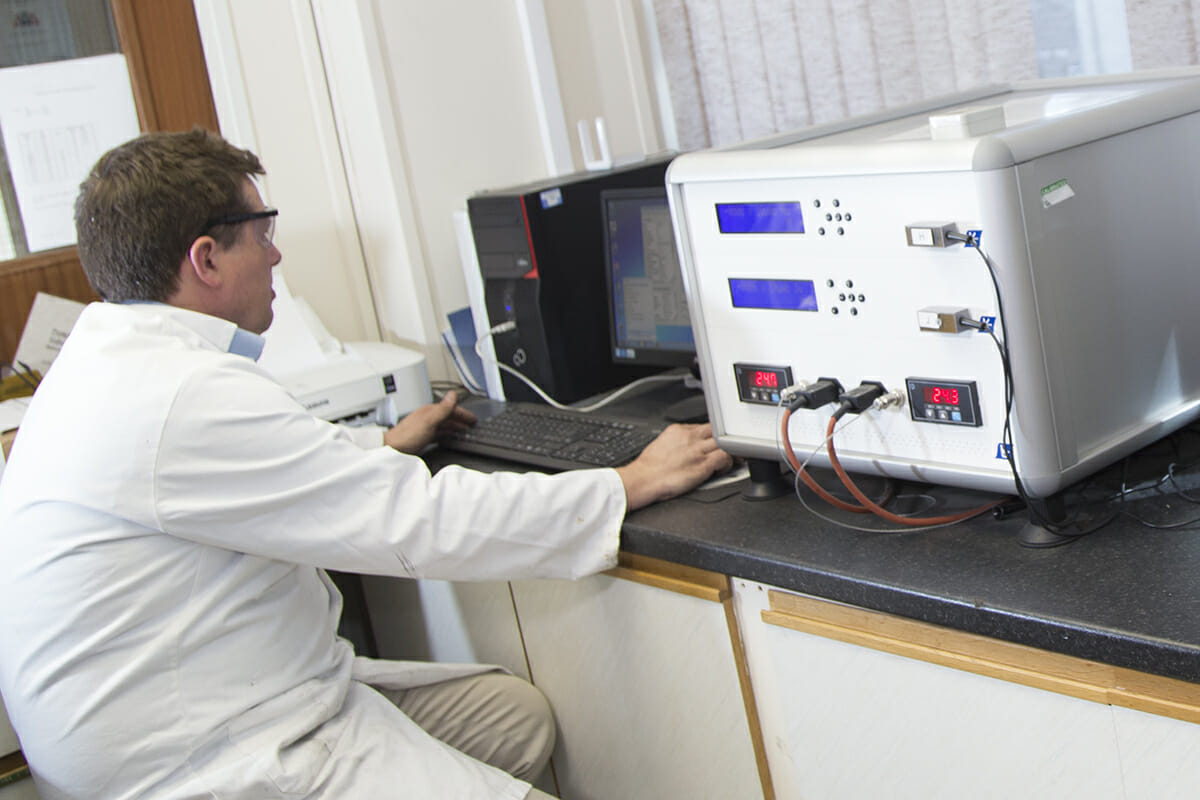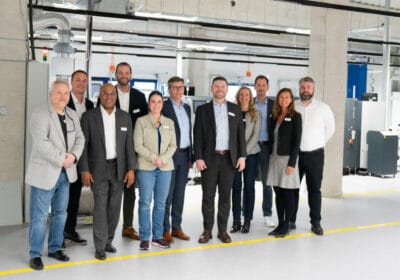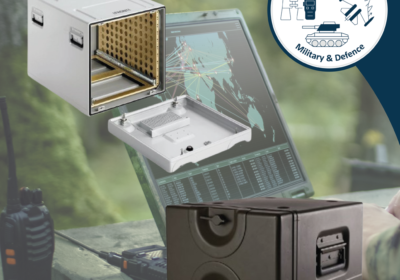Bunting has invested in expanding their Test and Development Centre at Berkhamsted in the UK where they specialise in the design, test and build of a wide range of magnet and magnetic technologies.
Bunting is one of the world’s leading designers and manufacturers of magnets, magnet assemblies and magnetising equipment. The Bunting European engineering and manufacturing facilities are in Berkhamsted and Redditch, both in the United Kingdom.
Bunting’s Berkhamsted operation is responsible for the design and manufacture of magnets, magnet assemblies, and magnetising equipment. The range of applications for high-energy magnets and magnet assemblies continues to escalate, especially with the ongoing development and application of lower carbon-neutral energy related technology. Bunting’s experienced application engineers at the Berkhamsted Test and Development Centre continually push the boundaries of magnet and magnetic engineering to maximise performance.
By working closely with automotive, aerospace and other engineering companies from the design concept stage, Bunting engineers determine the optimum magnet and magnet assembly characterisation for a given application. This includes, but is not limited to, assessing the attractive magnetic strength in different working conditions.
In an ever-increasing number of magnet applications, the working environments and operational specifications are challenging. For high-speed magnetic rotors, Bunting undertakes a carbon fibre pre-wound sleeve burst test, determining the optimum design of wrap to securely hold the magnets.

Bunting Magnetics Europe Ltd Magnetiser and Magnetising Equipment
Figure 2 – Finite Element Analyser
To validate the correct assembly of a multipole rotor, and that the magnets are of optimum performance, a bespoke search coil integrates the total flux measurement to produce a pass or fail test. This allows for the almost immediate 100% inspection of finished parts to any industry standard. Additionally, to check the correct fitting of all the internal permanent magnets (IPM) in a rotor, a surface flux plot more preciously and finely analyses the rotor characteristics. Although this test is slower, it is commonly used on development parts, or for statistically valid sampling programs.
To accurately assess the magnetic performance, the Berkhamsted Test and Development Centre is equipped with an array of specialised laboratory test equipment. For magnet characterisation, a permeameter measures the Bh curve for a test specimen of ferromagnetic material by a given magnetic intensity, to permit computation of the magnetic permeability of the material. This can be carried out at temperatures up to 200°C to investigate the true coercivity of materials and validate they will perform as expected in application.
To produce a region of nearly uniform magnetic field, Bunting uses a Helmholtz coil. This consists of two electromagnets on the same axis. Besides creating magnetic fields, Helmholtz coils are also used in scientific apparatus to cancel external magnetic fields, such as the Earth’s magnetic field.

Magnetisers designed and manufactured by Bunting Magnetics Europe Ltd
Figure 3 – Magnet setter demonstration unit
A Magnet Setter demonstration unit is the latest addition to the laboratory, enabling the magnetization and setting of a permanent magnet when connected to a compatible magnetising fixture. The magnet setter features a built in gaussmeter for measuring the magnetic field of the magnet during the setting process.
A National Physics Lab certified magnet enables certification of the Helmholtz Coil for the accurate measurement of the magnetic moment of uniform and non-uniform magnetic components. A bespoke jig enables the development of a full 3D magnetic moment measurement. Accurate measurement of magnetic moment and accuracy of the direction of magnetisation (DOM) are critical for applications such as medical listening devices and position sensors.
“From our Test and Development Centre, our magnet experts design and test magnet configurations for a diverse range of application,” explained Simon Ayling, Bunting’s European Managing Director. “Magnet applications are becoming increasingly complex and we work with clients, from the very early stage of a project, to identify the magnetic possibilities. These early concepts are then proved in our Test and Development Centre, providing unrivalled magnet technical support in Europe.”
For further information, please contact us on [email protected] or visit our website:
Bunting-Berkhamsted – www.bunting-berkhamsted.com








